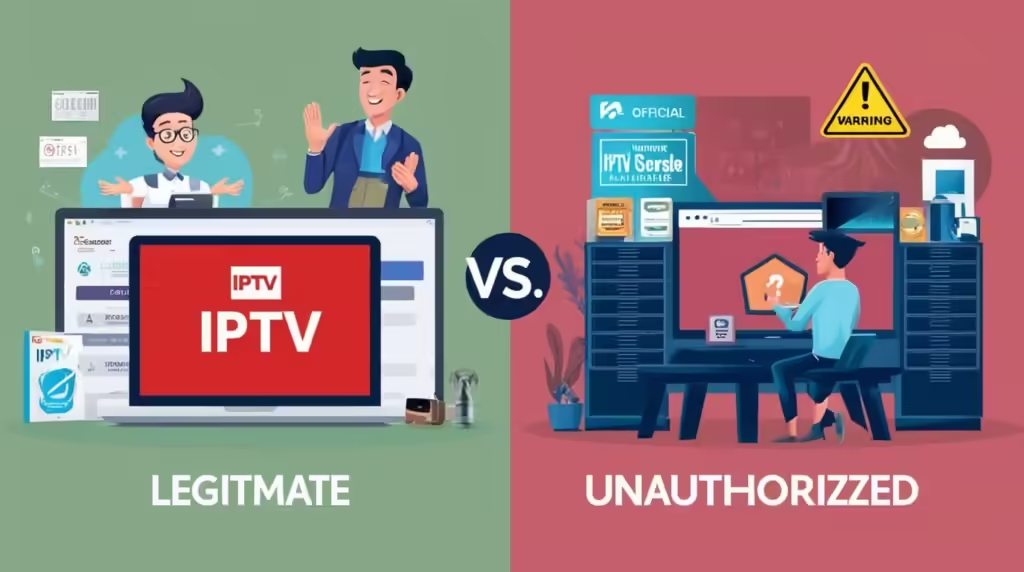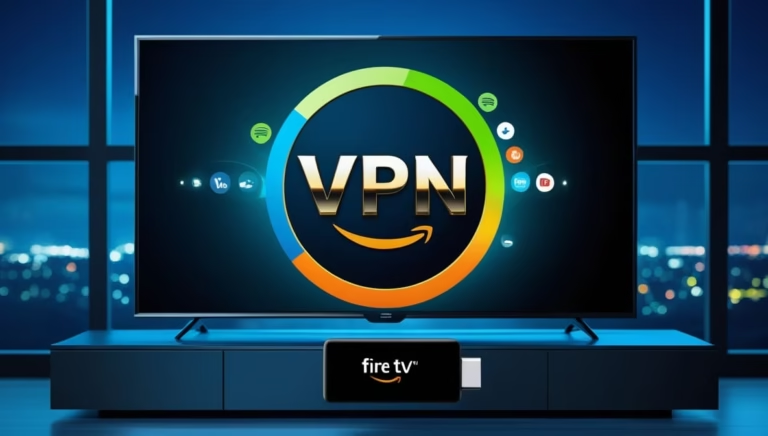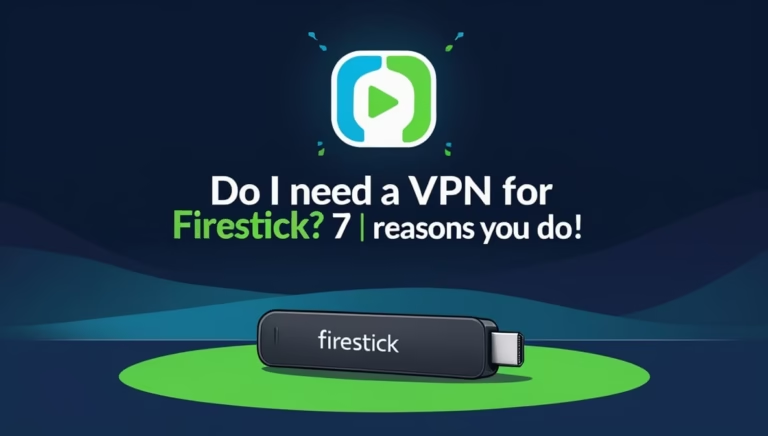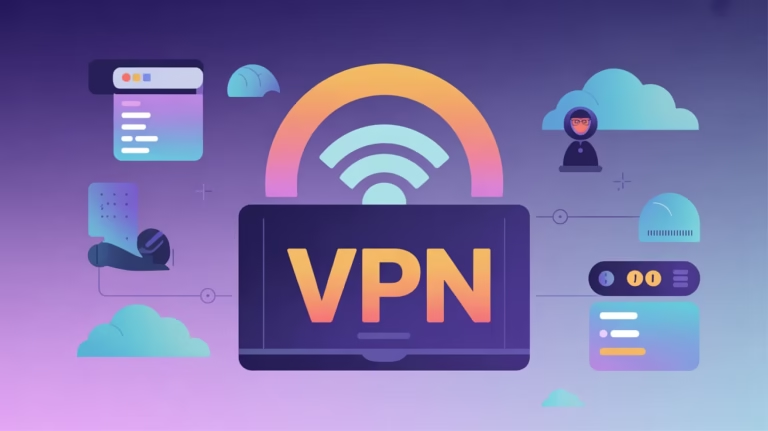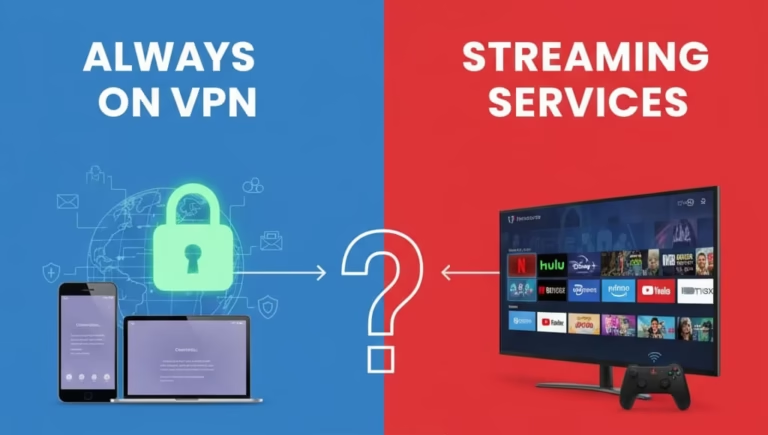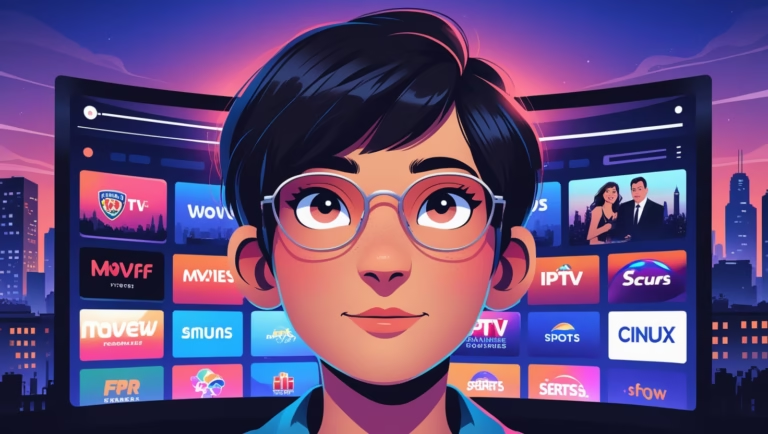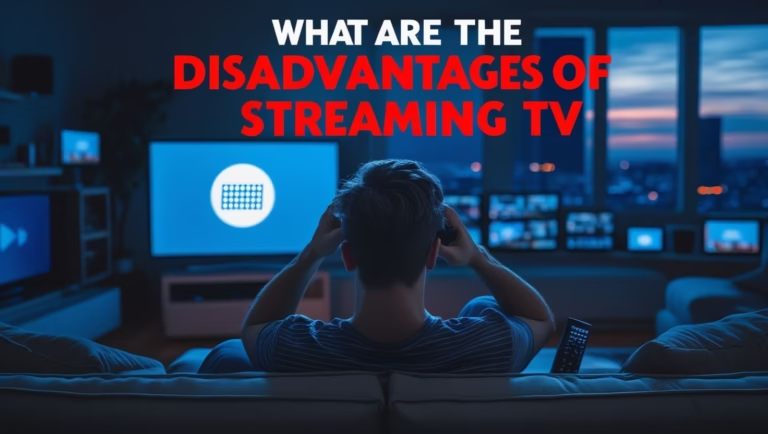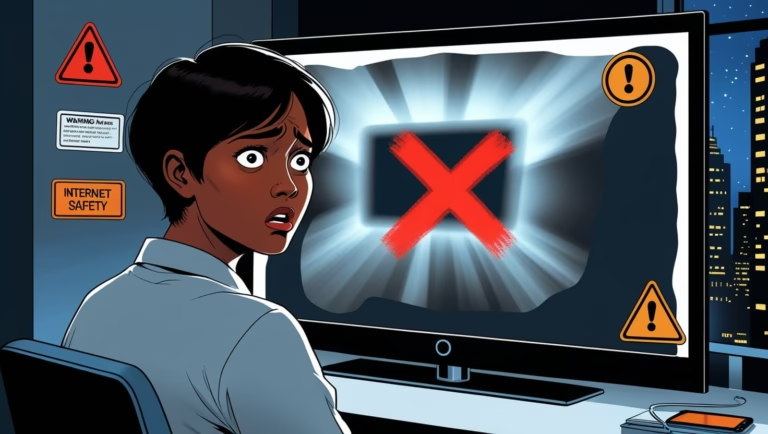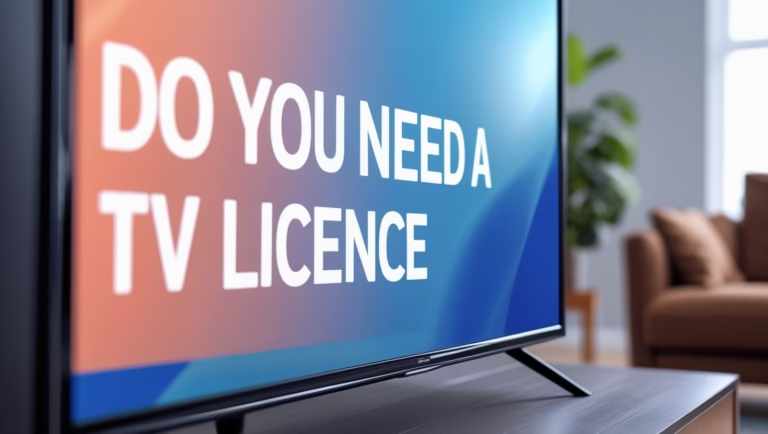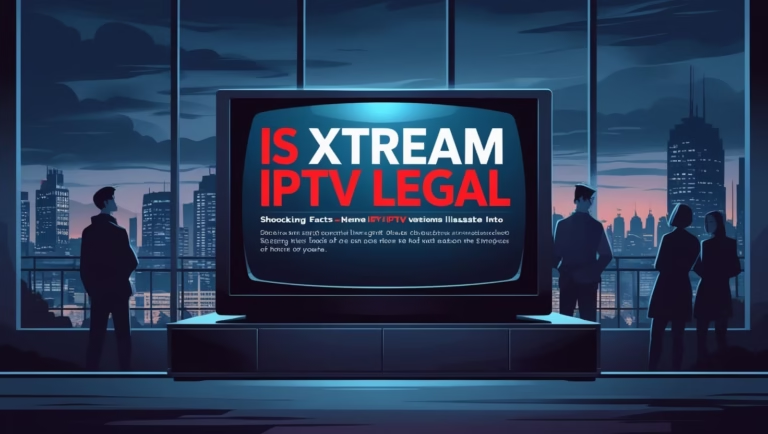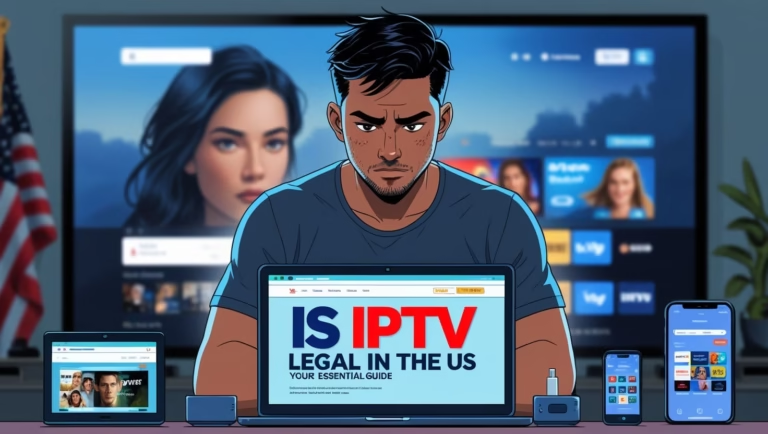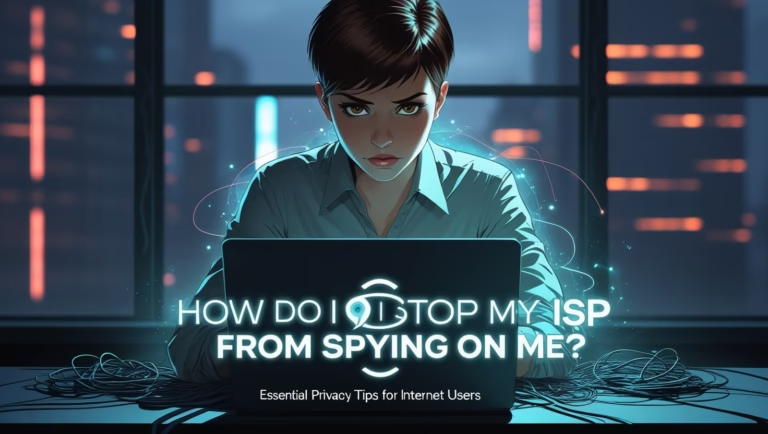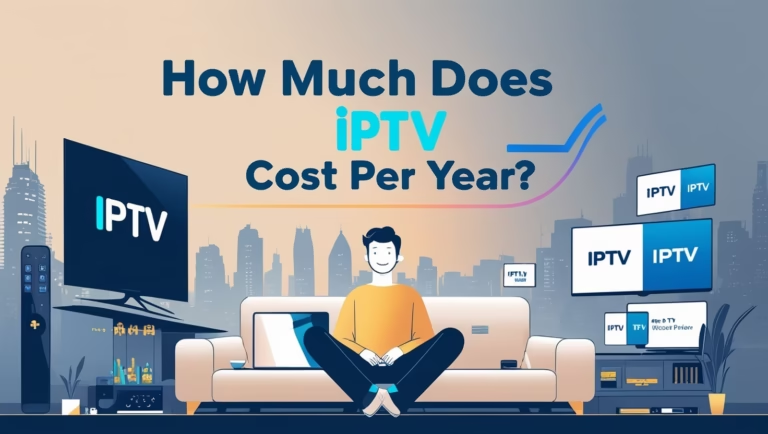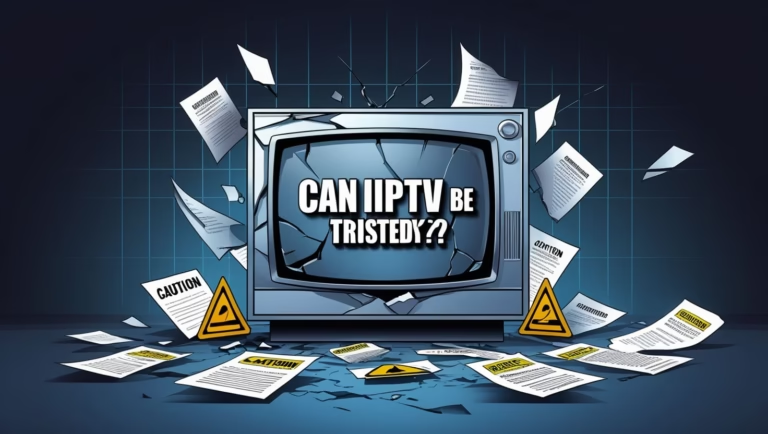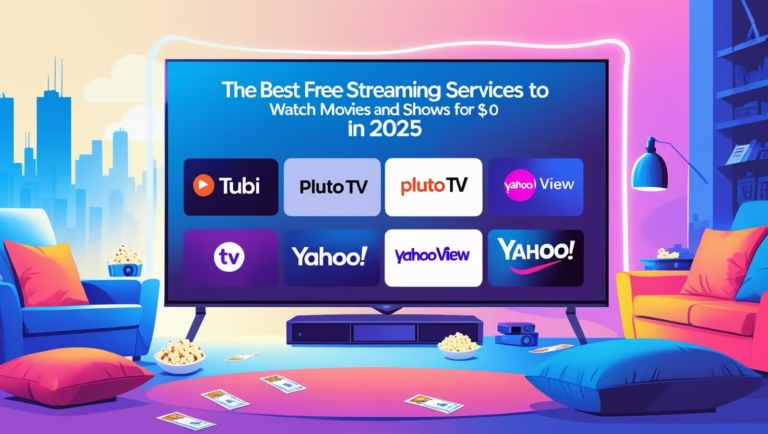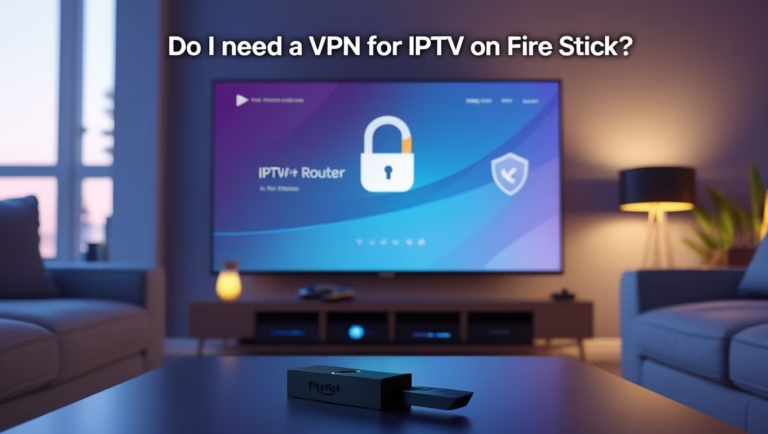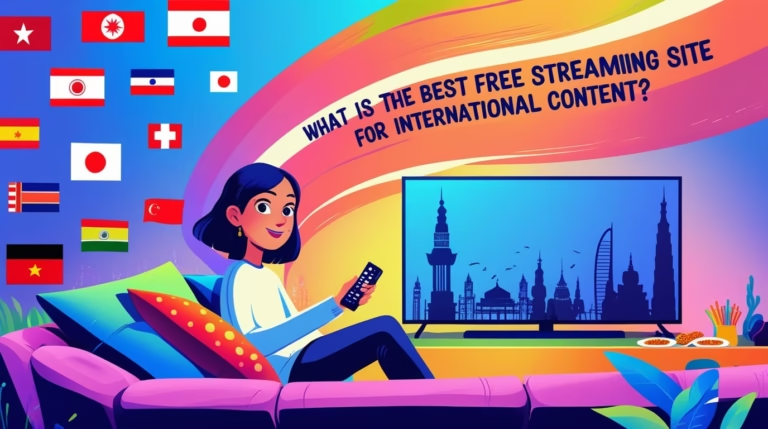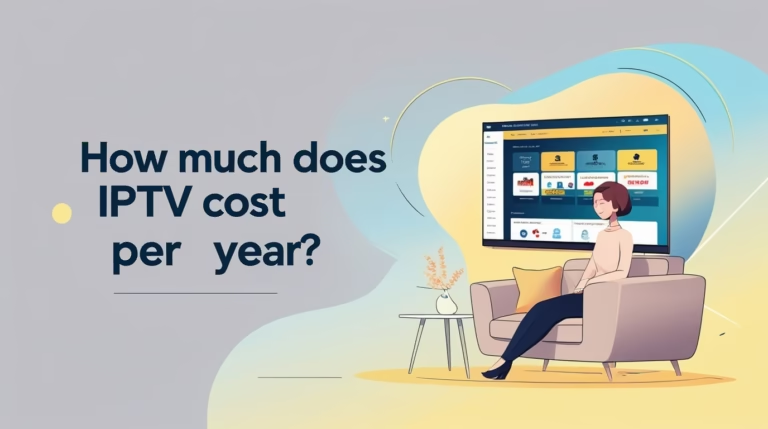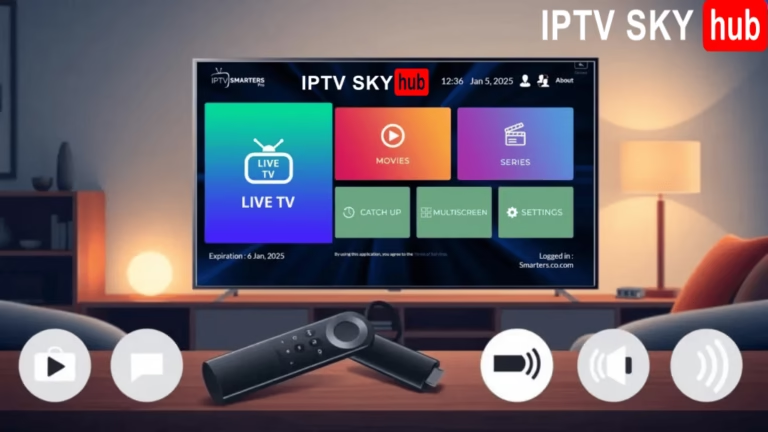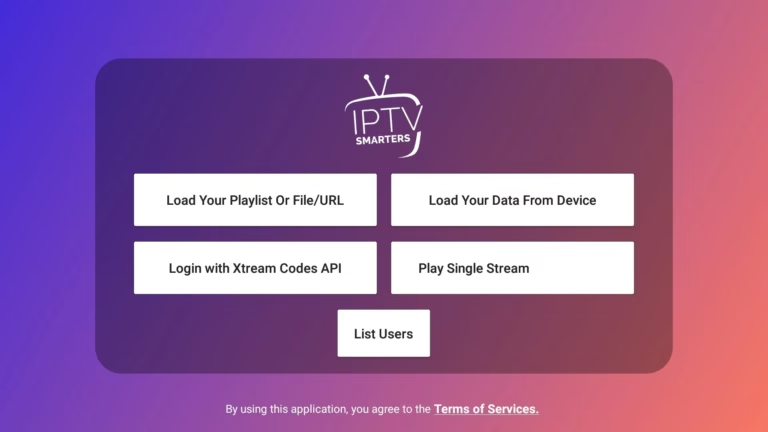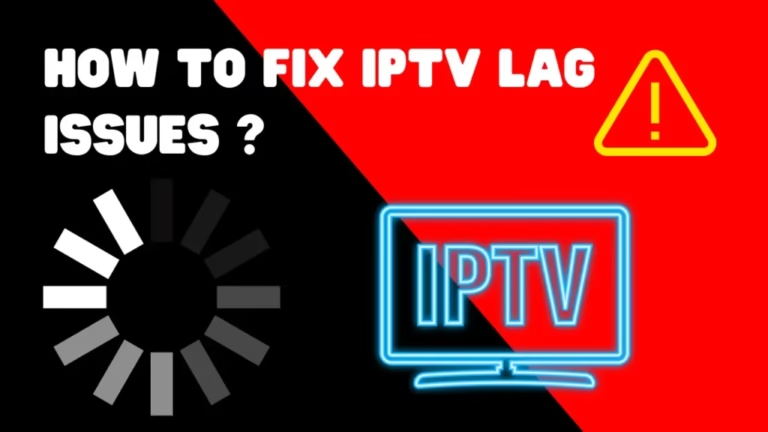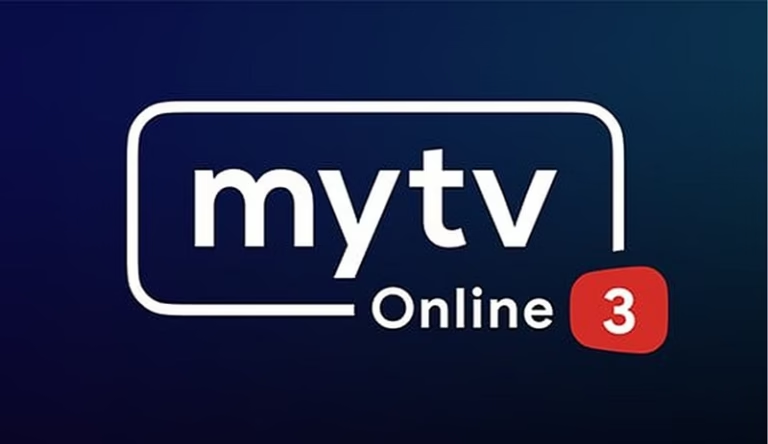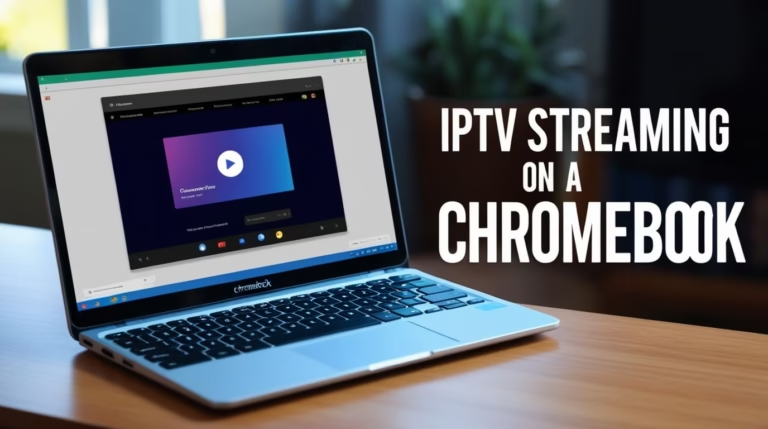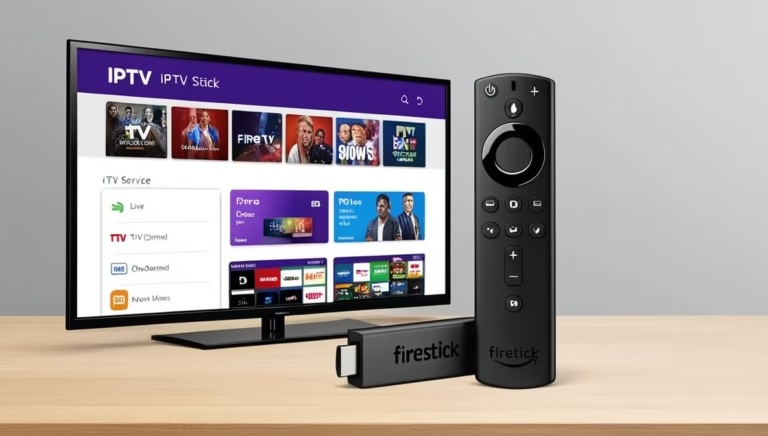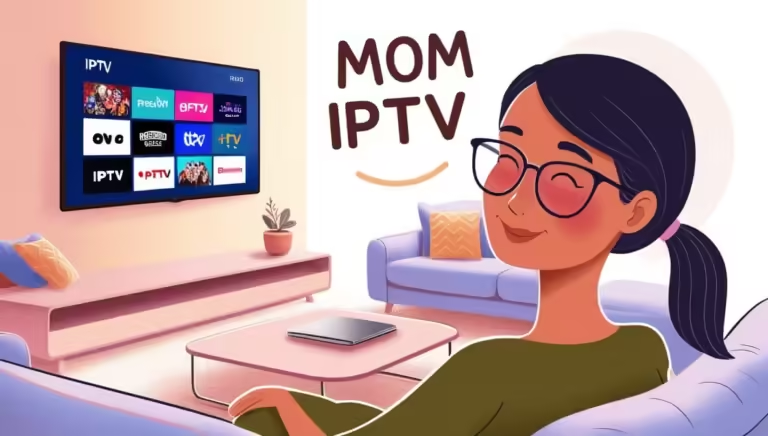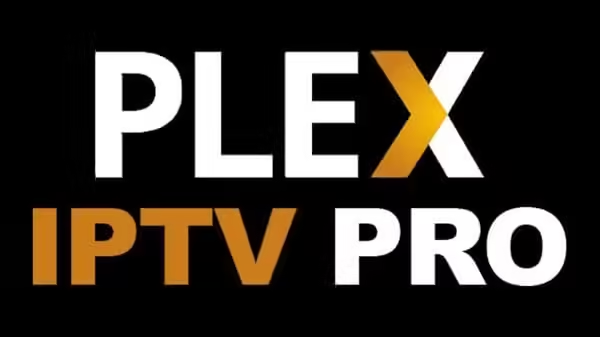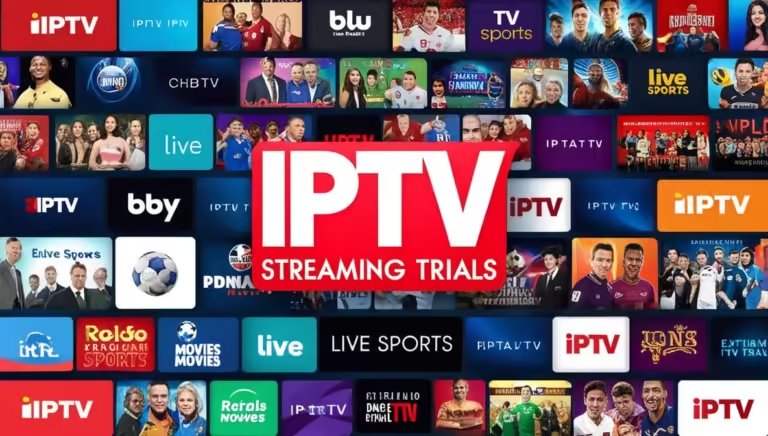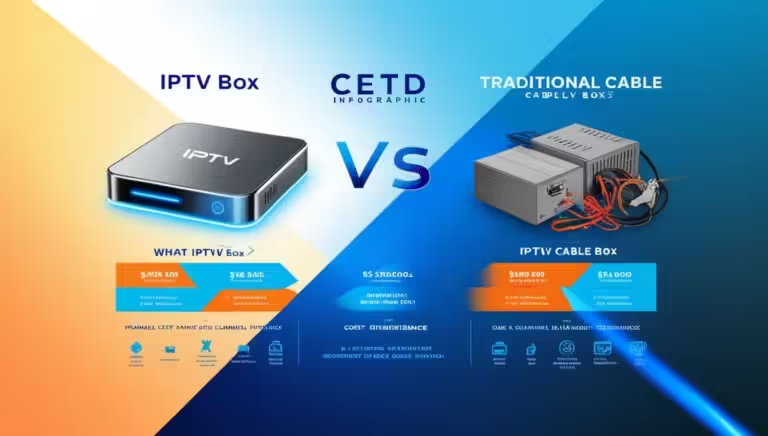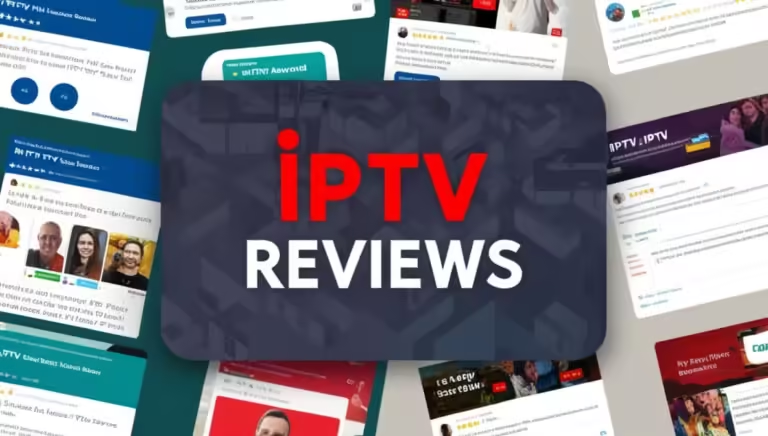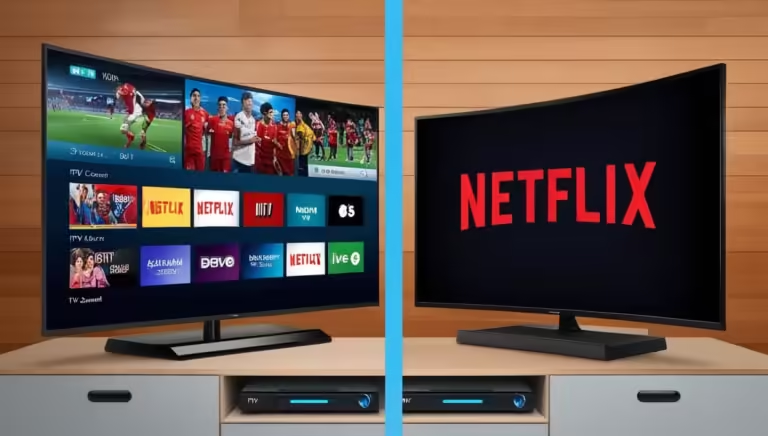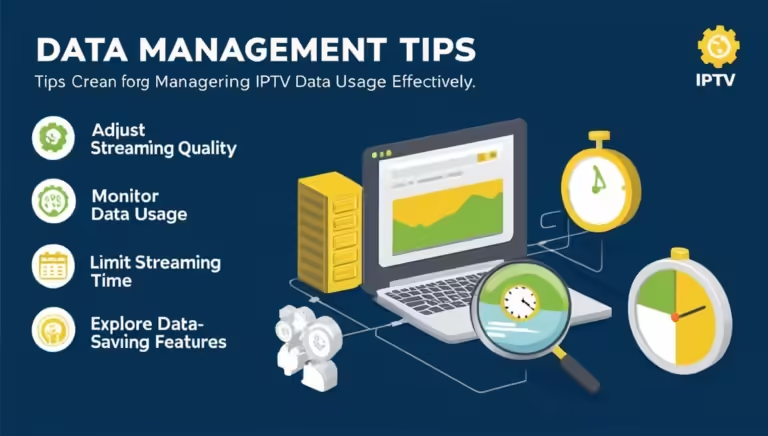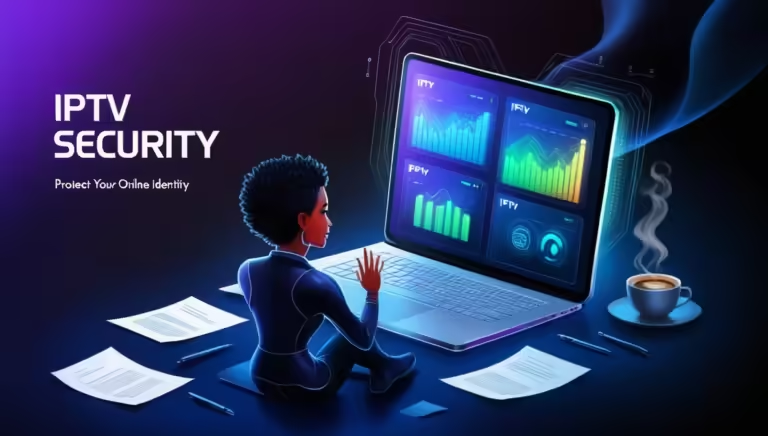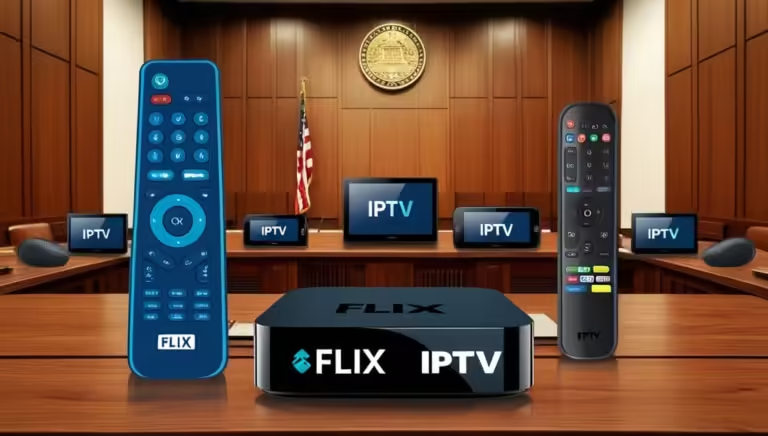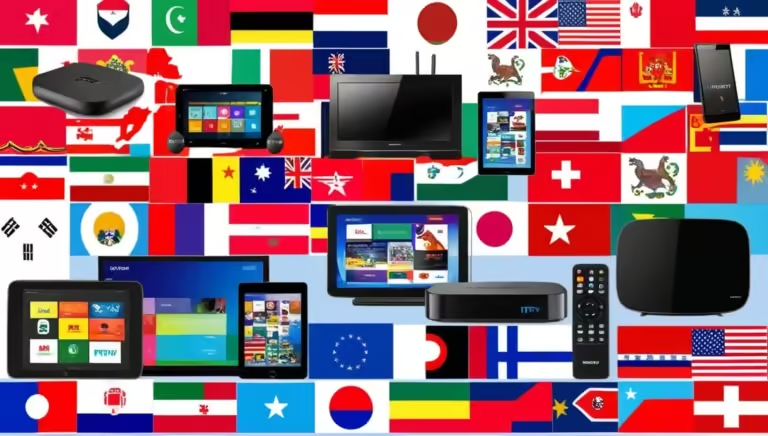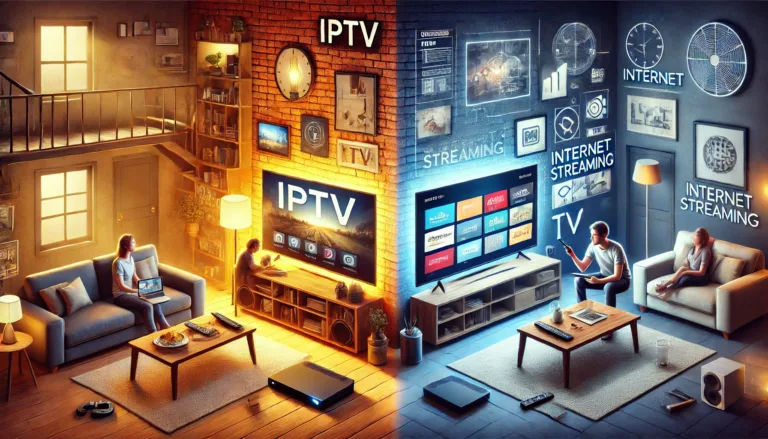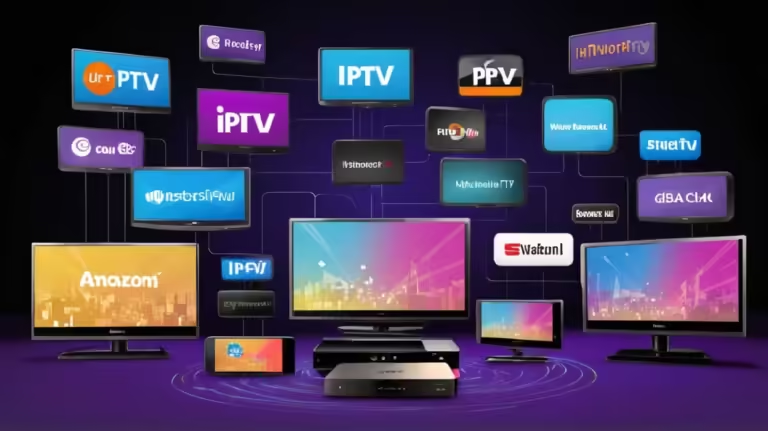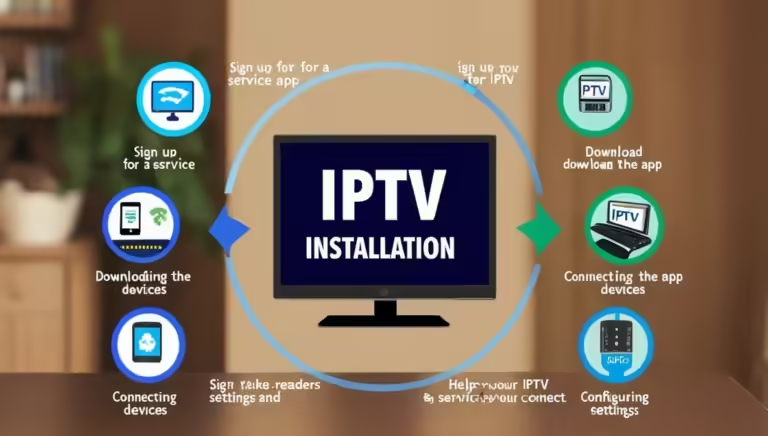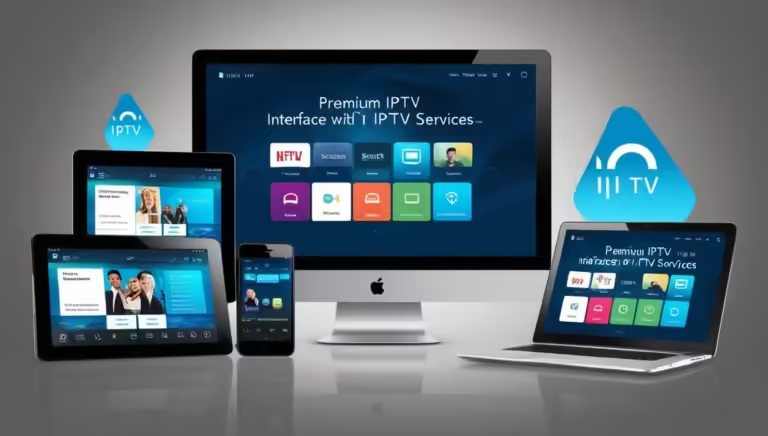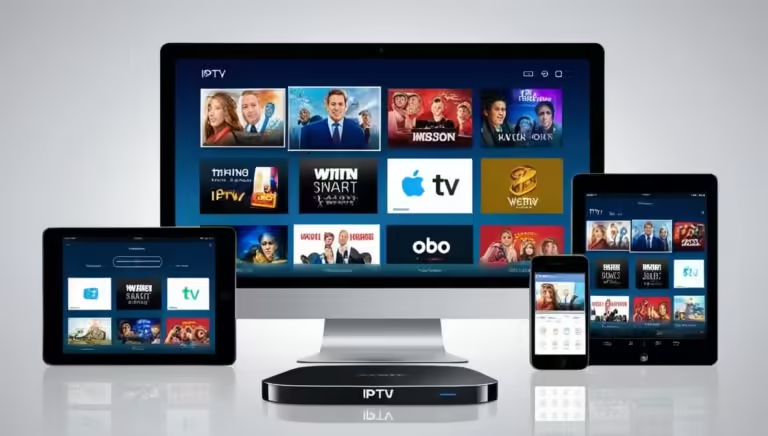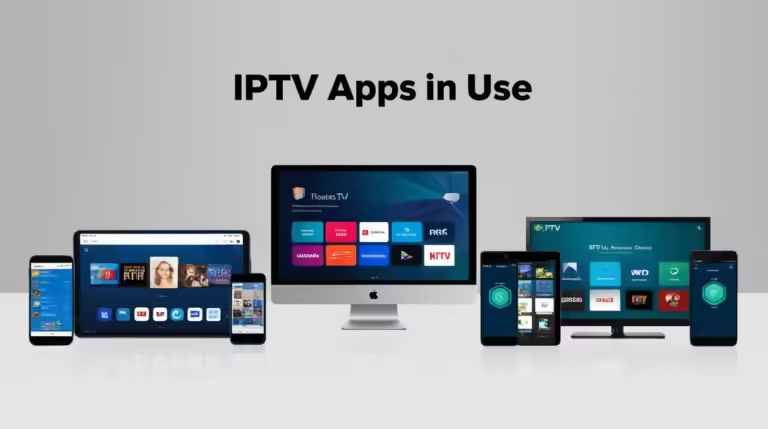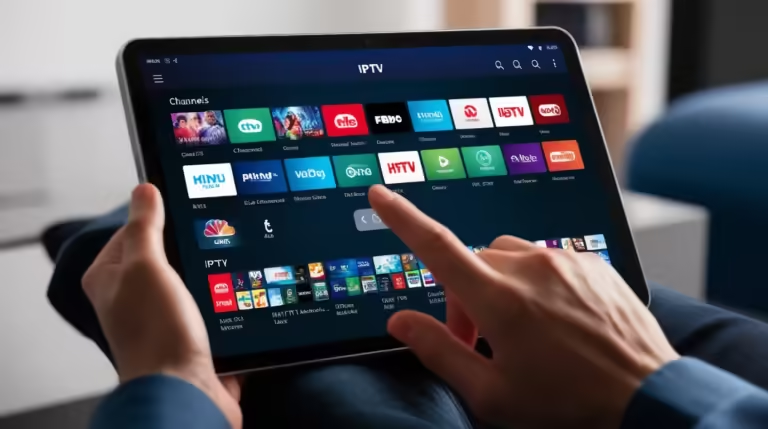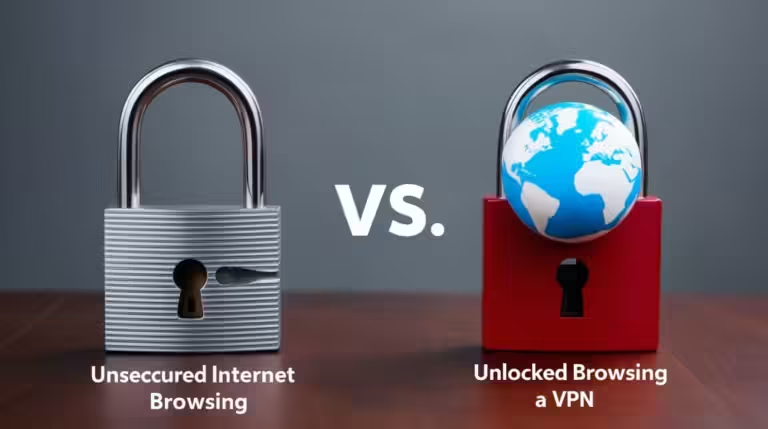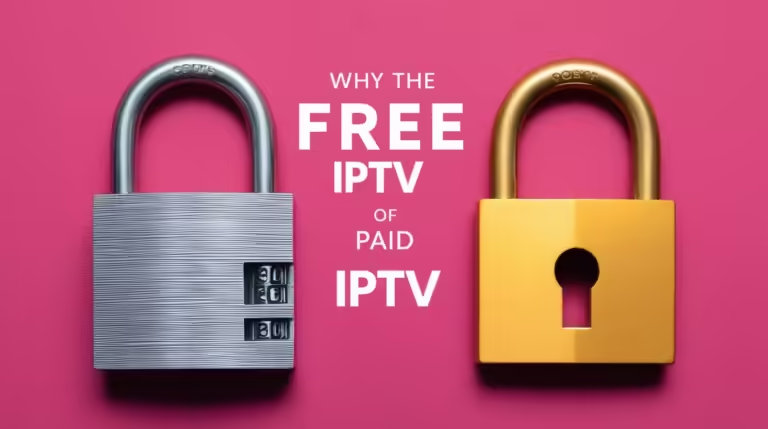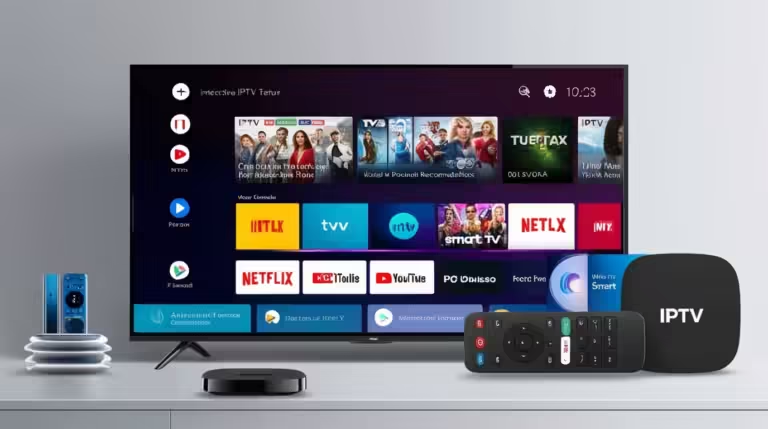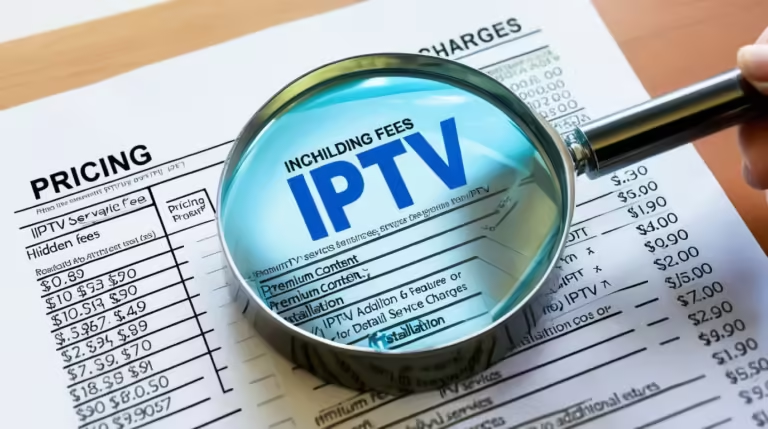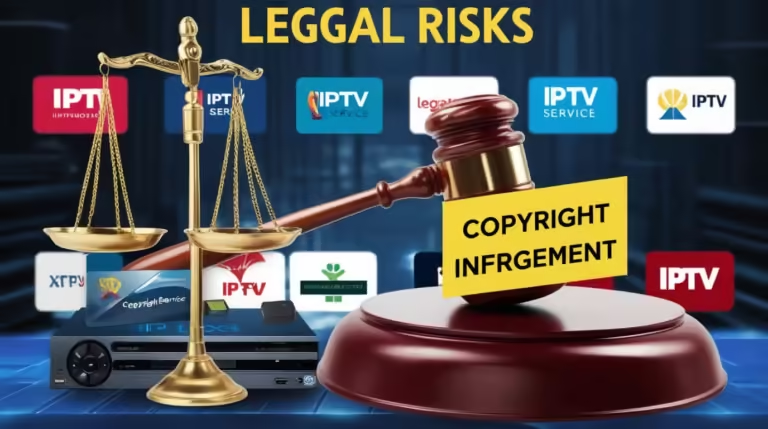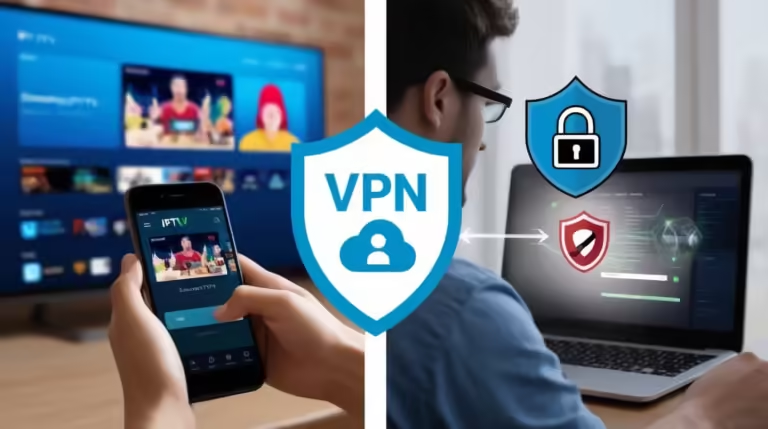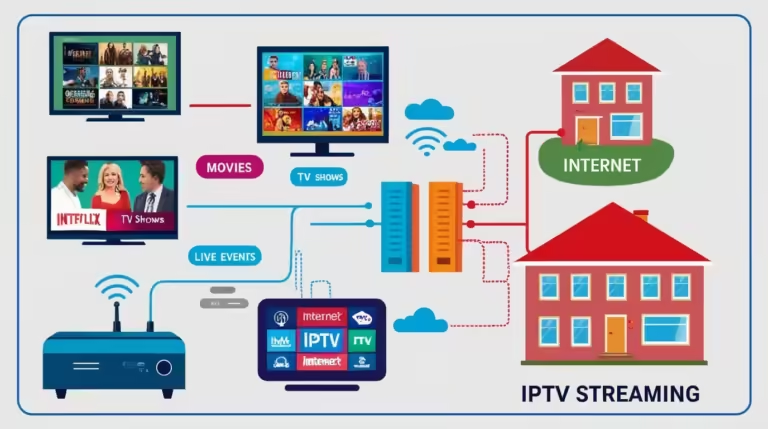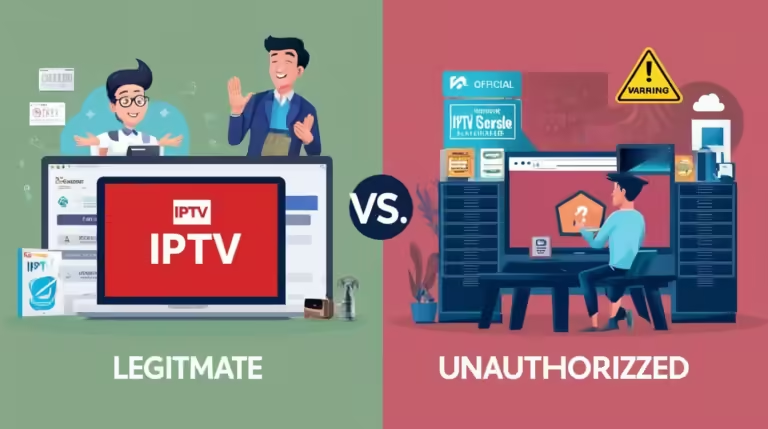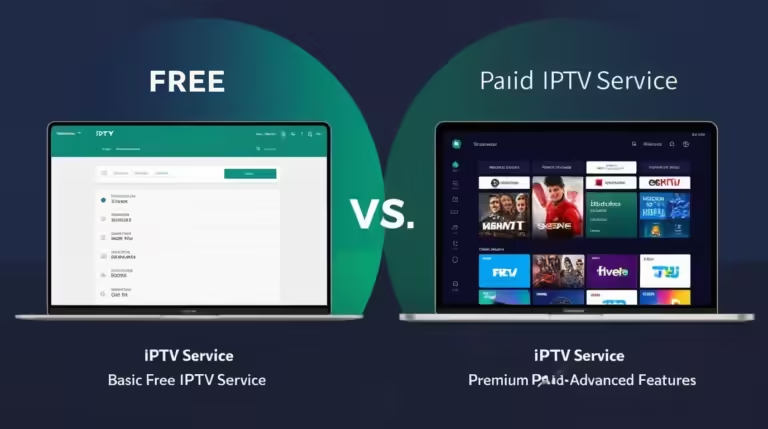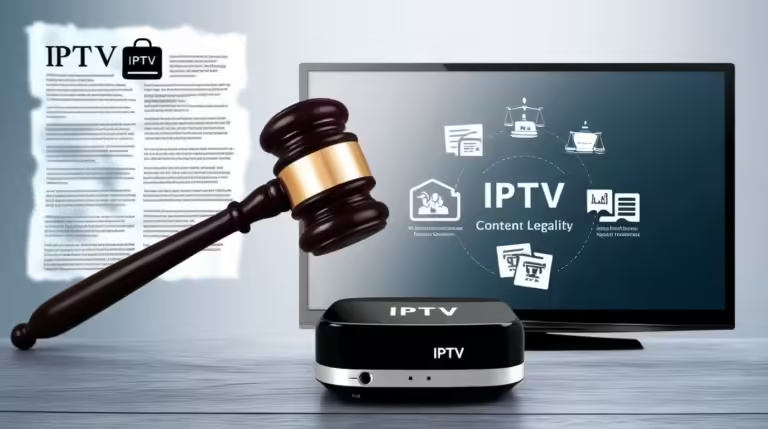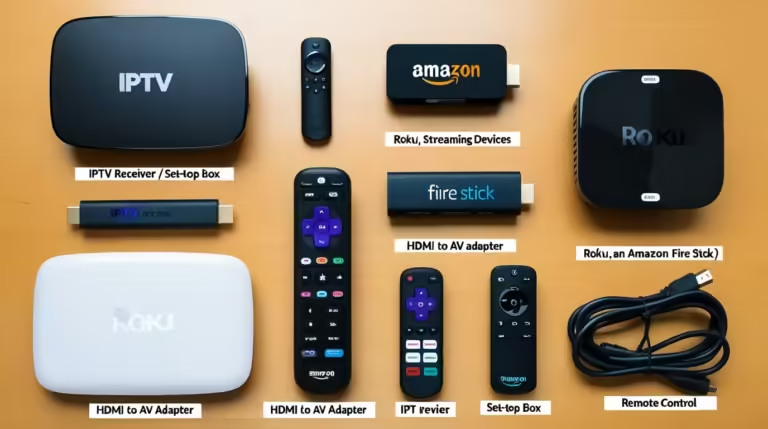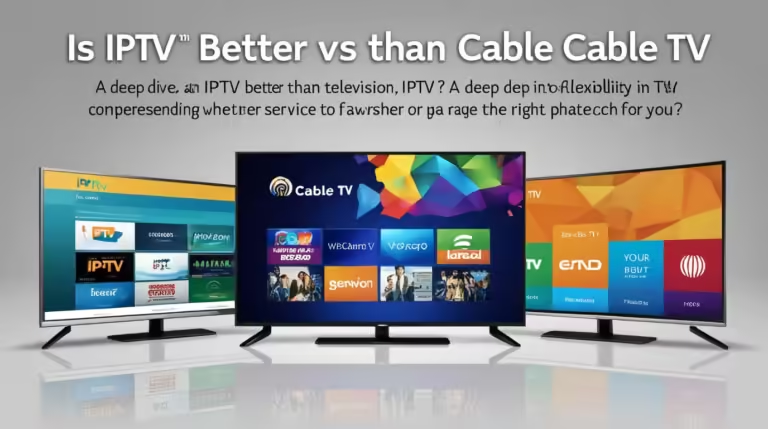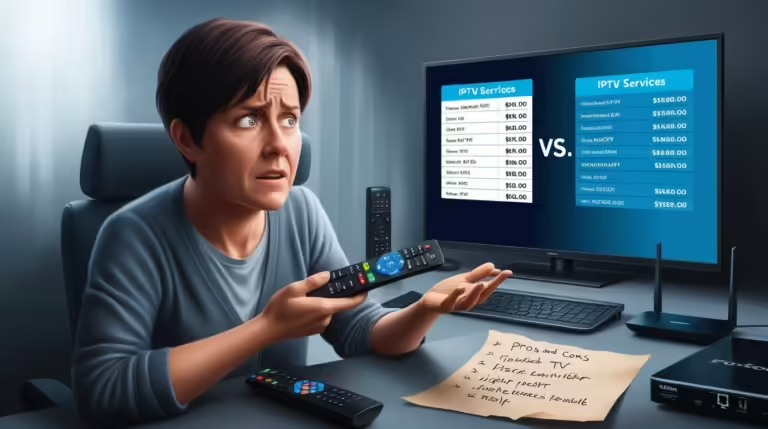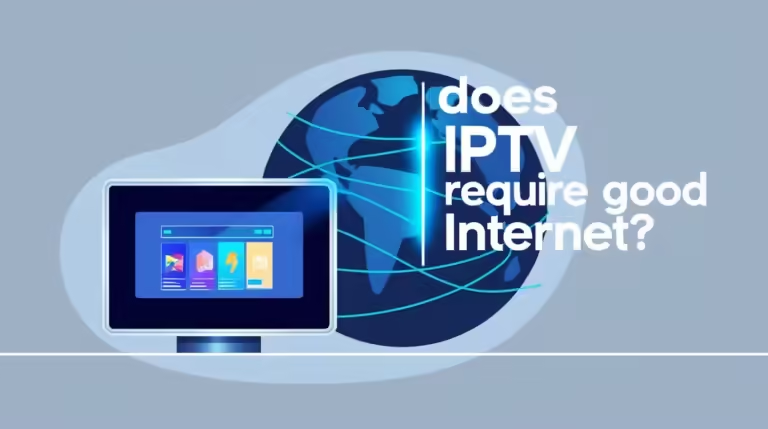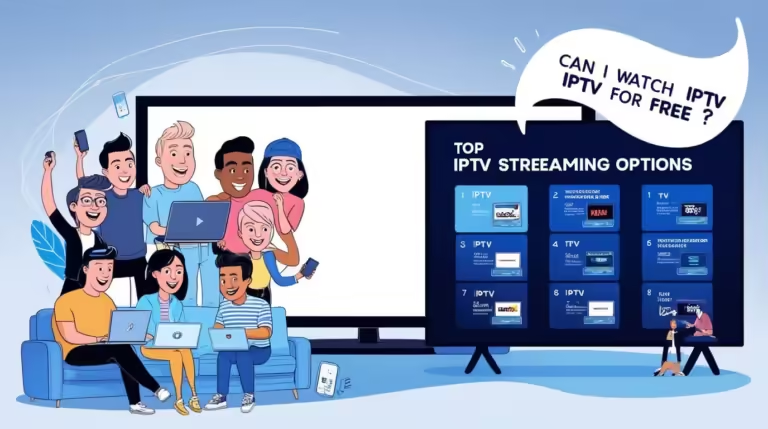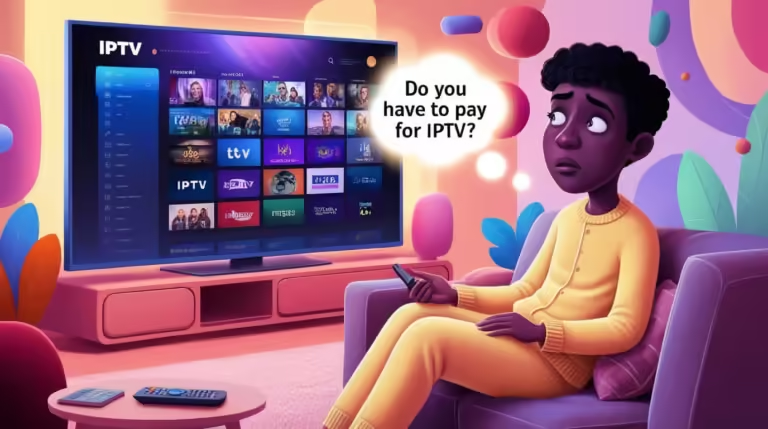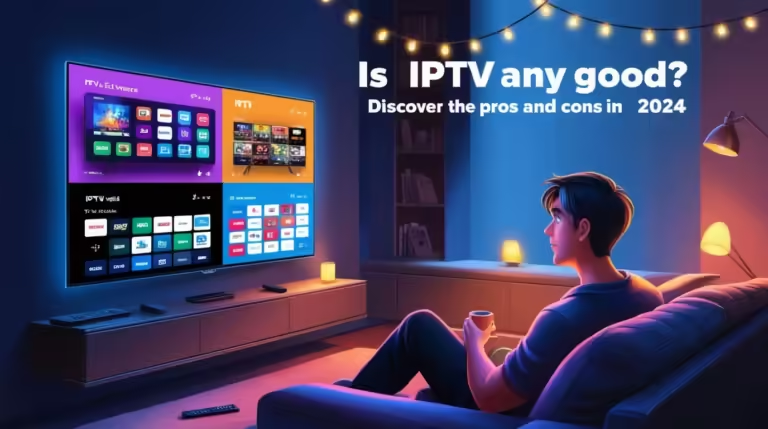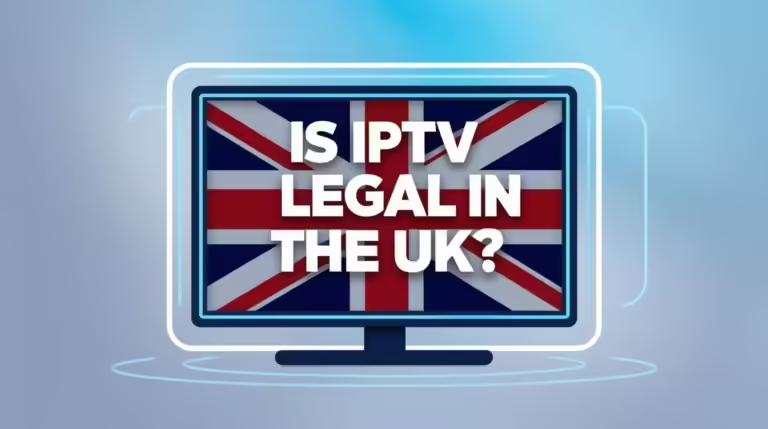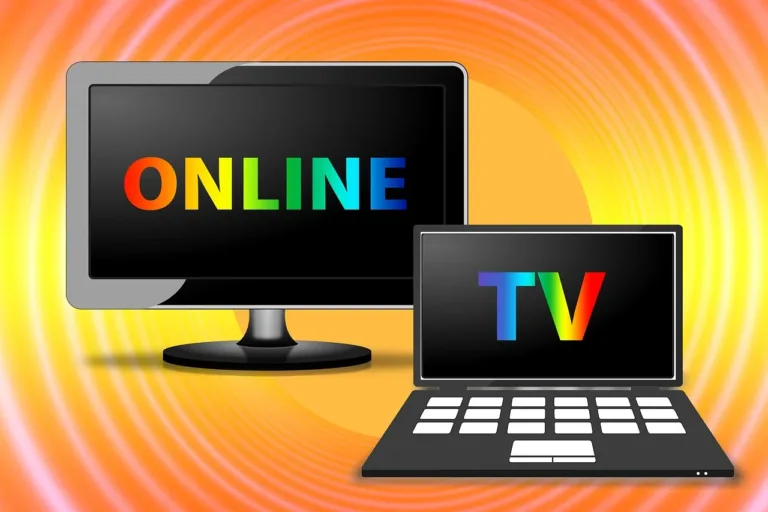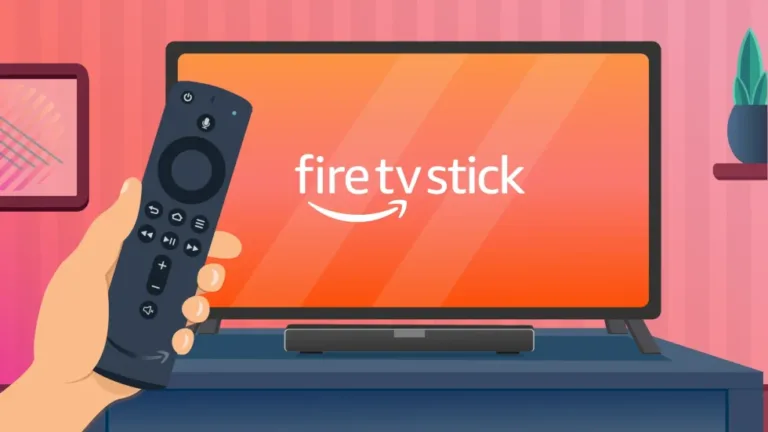In an age where streaming services dominate our entertainment choices, the rise of IPTV (Internet Protocol Television) has brought both excitement and confusion. As more people cut the cord and turn to online streaming, the question on everyone’s mind is: Can IPTV be legal? This question is crucial, not only for users seeking to enjoy their favorite shows without legal risks but also for service providers navigating the complex world of digital broadcasting. Let’s embark on a journey to unravel the legal intricacies of IPTV and ensure that you’re fully informed about your rights and responsibilities.
Understanding IPTV: Can IPTV Be Legal? An Overview of Internet TV
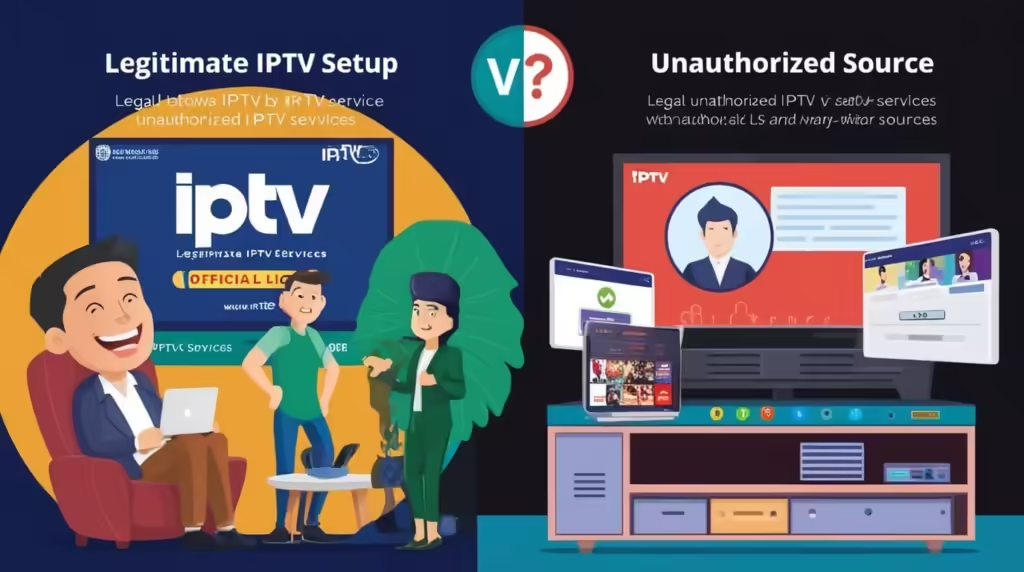
IPTV, or Internet Protocol Television, is a method of delivering television content over the internet instead of traditional cable or satellite methods. Unlike conventional TV broadcasts that use radio waves or satellites, IPTV transmits data through internet protocols, offering a more flexible and often more affordable alternative.
Can IPTV be legal? The legality of IPTV services depends largely on their compliance with copyright laws and licensing agreements. To understand this, let’s delve into the operational mechanics of IPTV. IPTV services work by streaming live TV channels, video-on-demand, and other media content via the internet. This content is often sourced from traditional broadcasters, media networks, and content creators who hold the rights to the material.
In a legal IPTV service, the provider must secure proper licensing from content creators and rights holders. This means paying fees or entering into agreements to broadcast or stream their content. When an IPTV service operates without these licenses, it risks infringing on copyright laws, which could lead to legal consequences.
The excitement surrounding IPTV stems from its convenience and vast array of options. Users can access a wide range of channels and on-demand content, often at a fraction of the cost of traditional cable. However, this freedom comes with the responsibility of ensuring that the service you choose adheres to legal standards. For consumers, the key is to select IPTV services that are transparent about their licensing and content sources.
Global Perspectives: How Can IPTV Be Legal in Different Countries?
Can IPTV be legal across different countries? The answer is a resounding yes, but with significant variations based on regional laws and regulations. Each country has its own set of rules governing digital media and copyright, which affects how IPTV services can operate legally.
In the United States, IPTV services must comply with the Federal Communications Commission (FCC) regulations and copyright laws. Services that provide legitimate access to TV channels and on-demand content usually do so through proper licensing agreements with content providers and networks. This adherence ensures that they operate within the legal framework set by the government.
In the European Union, IPTV regulations are influenced by the EU’s broader digital single market rules. These rules aim to ensure that content can be accessed across member states while respecting copyright laws. However, each country within the EU may have additional regulations that affect IPTV services. For instance, the UK has specific rules and guidelines set by Offcomer and the Intellectual Property Office that IPTV providers must follow.
In Asia, the legal landscape varies widely. Countries like Japan and South Korea have advanced IPTV markets with robust legal frameworks supporting IPTV services. These countries have established comprehensive regulations to manage content licensing and broadcasting rights. Conversely, in some Southeast Asian countries, IPTV regulation may be less stringent, leading to a mix of legal and gray-market services.
Understanding the global perspectives on IPTV legality highlights the importance of knowing local regulations. For users and service providers alike, being aware of how IPTV is regulated in your country can prevent legal troubles and ensure a smooth viewing experience.
Regulatory Frameworks: What Makes IPTV Legal or Illegal?

To answer the question, can IPTV be legal?, we must delve into the regulatory frameworks that govern IPTV services. Legal IPTV services are defined by their compliance with a range of regulations and laws, primarily related to copyright and broadcasting rights.
At the heart of IPTV legality is the issue of content licensing. Content creators and broadcasters own the rights to the media they produce. For an IPTV service to be legal, it must secure licenses or agreements that grant permission to stream or broadcast this content. This often involves negotiating terms with rights holders and paying licensing fees.
Additionally, IPTV providers must adhere to national regulations that govern digital broadcasting. These regulations may include requirements for data protection, user privacy, and fair competition. In many countries, IPTV services are subject to the same regulations that apply to traditional broadcasters, including compliance with advertising rules and consumer protection laws.
Illegal IPTV services typically bypass these regulations by streaming content without proper licenses. They often offer a vast array of channels at very low prices, which might seem tempting but come with significant legal risks. Using or promoting such services can result in penalties, fines, or even legal action from content creators and authorities.
For IPTV users, the key to ensuring they are using a legal service is to verify the provider’s licensing and compliance with local regulations. Reliable IPTV services are transparent about their licensing agreements and are often registered with relevant regulatory bodies.
Common Legal Pitfalls: What to Watch Out for When Asking Can IPTV Be Legal?
When exploring the question of can IPTV be legal?, it’s essential to be aware of common legal pitfalls that can ensnare unsuspecting users and providers. Understanding these pitfalls can help you avoid legal trouble and make informed decisions about IPTV services.
One major pitfall is subscribing to IPTV services that claim to offer an extensive range of channels and on-demand content at unusually low prices. Often, these services operate illegally by streaming copyrighted content without proper licensing. Users who choose these services risk legal consequences, including fines and penalties, for participating in copyright infringement.
Another issue is the use of IPTV services that operate in a legal gray area. Some services may have partial licenses or operate under questionable agreements, creating uncertainty about their legal status. Users should be cautious and verify the legitimacy of the service before subscribing.
Additionally, the legality of IPTV services can be complicated by the nature of content distribution rights. In some cases, content rights are region-specific, meaning that services licensed in one country may not be authorized to broadcast content in another. Users traveling or residing in different countries should ensure that their IPTV service complies with local regulations to avoid legal issues.
Providers of IPTV services should also be aware of regulatory requirements related to data protection and user privacy. Non-compliance with these regulations can lead to legal trouble and damage to the provider’s reputation.
Case Studies: Real-World Examples of Legal and Illegal IPTV Services

Examining real-world examples of IPTV services can provide valuable insights into the practical implications of legality and the challenges faced by users and providers. Can IPTV be legal? The answer lies in understanding these examples and their legal status.
One notable example of a legal IPTV service is Hulu in the United States. Hulu offers a wide range of TV shows, movies, and live TV channels through proper licensing agreements with content providers and networks. Its compliance with FCC regulations and copyright laws ensures that users enjoy a legal and reliable streaming experience.
In contrast, the case of “Set TV” serves as an example of illegal IPTV operations. Set TV offered a vast array of live TV channels at a fraction of the cost of legitimate services. However, it operated without proper licenses and faced legal action from content creators and broadcasters. The service was eventually shut down, and its users were warned about the legal risks of using such services.
Another example is the IPTV service “IPTV Box,” which operated legally in the UK by securing proper licensing agreements with content providers and adhering to Ofcom regulations. This service was able to offer a wide range of channels and on-demand content while remaining compliant with local laws.
These case studies illustrate the importance of choosing IPTV services that operate within legal frameworks and adhere to regulatory requirements. By understanding these examples, users can make informed decisions and avoid the pitfalls of illegal IPTV services.
Staying on the Right Side of the Law: How Can IPTV Be Legal for You?
To ensure that IPTV can be legal for you, it’s crucial to follow certain guidelines and practices. By taking the right steps, you can enjoy your IPTV experience without running into legal issues.
First and foremost, research and choose IPTV services that are transparent about their licensing and content sources. Legitimate services will provide information about their agreements with content creators and rights holders. Look for services that are registered with relevant regulatory bodies and comply with local laws.
Second, be cautious of services that offer an unusually large number of channels or on-demand content at very low prices. Such services may operate illegally and could expose you to legal risks. It’s better to opt for services with a clear track record and positive user reviews.
Third, if you’re traveling or living in a different country, make sure your IPTV service complies with local regulations. Some content rights are region-specific, and using a service that is not authorized for your location can lead to legal complications.
Finally, stay informed about changes in IPTV regulations and copyright laws. Legal standards can evolve, and keeping up with the latest developments will help you remain compliant and enjoy your IPTV service without issues.
Ready to enhance your viewing experience with IPTV? Discover how you can enjoy a world of content legally and hassle-free. Explore top-rated IPTV services now and start streaming your favorite shows and channels with confidence. Don’t wait—click here to find your perfect IPTV solution today!
In conclusion,
the legality of IPTV services hinges on proper licensing, adherence to regulatory frameworks, and regional compliance. By understanding these factors and choosing services that operate within legal boundaries, you can enjoy the vast array of content IPTV has to offer while staying on the right side of the law.

